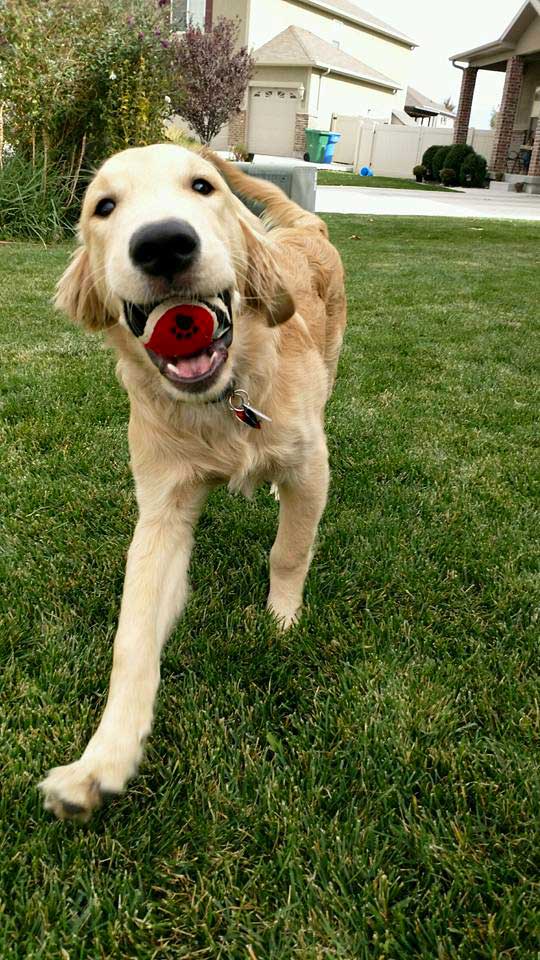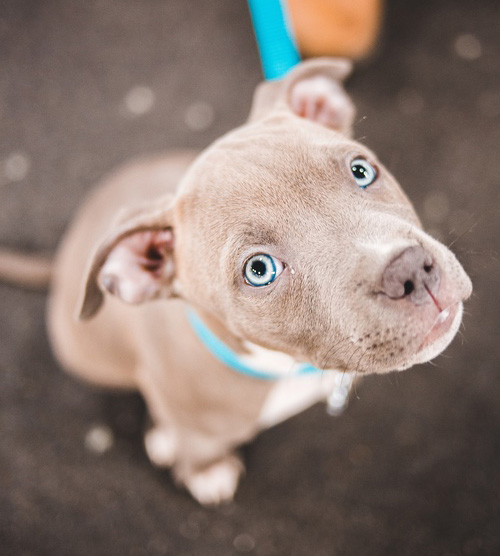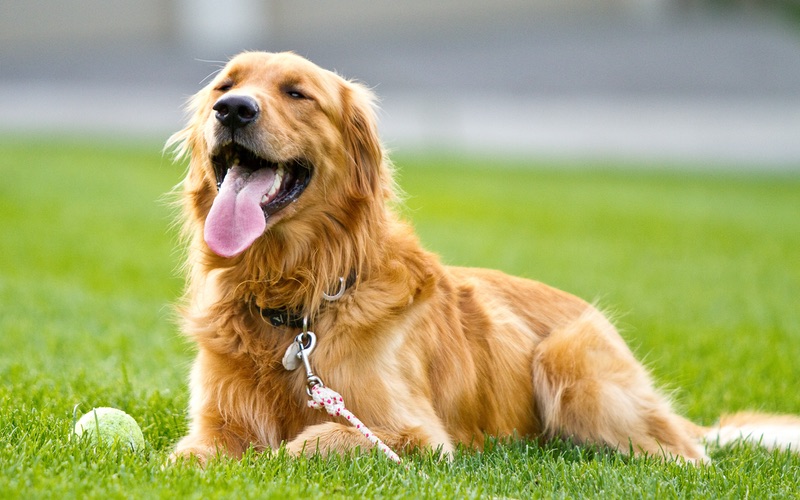Dog Training Elite Blog
Take The 1 Minute Quiz To See If YouQualify To Own A Franchise
Pet Owner Behavior Can Have an Effect on Dog Training Success
Did you know that your personality could be affecting your dog training success? There’s even research out there that supports this notion. Let’s take a look.
The Research
According to research, adopting adverse or aggressive dog training techniques, such as positive punishment, is linked to reports of increased problem behaviors, including fear and aggressiveness. Studies suggest a connection between several features of a dog's behavior and the personality of the dog's owner.
We’re here to answer the question of: does the relationship between the dog's behavior and the method of dog training make sense in terms of personality traits? Past studies discovered that those with high neuroticism ratings were likelier to own unruly pets. Is this issue a result of the training strategies they pick? Let’s look!
1,564 owners participated in a recent study and completed an online survey that included questions about their personalities, if they were sad, how they trained their dogs, and how their dogs behaved. The findings indicated a connection between sadness and unwanted behavior.
Additionally, the results point to a link between the use of unpleasant training techniques and dogs' aggressive behavior toward their owners and other people, as well as behaviors connected to separation such as continuous barking, chasing, and house-soiling when left alone. This is not a surprise and fits with earlier research on canine training techniques.

Even more research supports the notion that personality can affect dog training success. According to recent studies, the key to training troublesome puppies may depend on the owner's personality and the relationship between the dog and the owner. A team at PennVet enlisted 131 dog-owner pairs to participate in a veterinarian behavioral program for six months to better understand what is required to address troublesome canine behavior.
At the beginning of the study, owners were required to complete questionnaires on human personality and canine behavior. The canine behavior survey has to be completed once more after three and six months of the research.
The age, sex, and size of the dog were all factors that influenced the effectiveness of behavioral therapy. Big dogs with aggressiveness issues improved more than smaller dogs after the training. Because the larger dogs pose a more significant threat to safety, owners may be more aware of their conduct. Introverted owners were less likely to notice changes in their pets' apprehensive behavior than outgoing ones. If it is necessary as a part of the dog's treatment, introverted owners may find it difficult to leave their dog or give it space.
How to Avoid Negative Mistakes When Training Your Dog
You may have had trouble teaching your dog because they detest the procedure or because the training doesn't fit with your personality. In the circumstances like this, an owner frequently unintentionally ruins the training sessions. Fortunately, you have several options.

Owners must always approach training with a positive outlook and refrain from using the word "no" or other harsh tones. Even though the concept of a "negative marker" has been around for a while and was first applied by positive reinforcement trainers, the study we previously looked at has revealed that a negative marker makes learning more difficult.
For dogs to acquire new abilities, they must feel secure. If they are told they are always mistaken, they will stop trying. Here comes the "stubborn dog," as many dog owners refer to them. This dog friend seems to neglect his owner and go above and above what is expected of him.
In actuality, the dog does not want to attempt since he does not want to be incorrect, despite how often it is said that he blows them off. It is simpler for him to sneeze, itch, yawn, and pretend not to hear the owner. Think back to your time in school. You wouldn't raise your hand to try to answer a question if you had a teacher who was constantly correcting you. You must, instead, disregard your dog's errors and encourage him to try again. Dogs are more inclined to offer actions if they are not penalized for attempting.
Offering rewards and incentives might be helpful while teaching your dog. We tend to focus on the negative and disregard the positive. When teaching our dogs, we must use the complete opposite approach. Your dog will enjoy working with you if you are generous with your incentives.
The issue of body language is another. How a dog responds to training may be significantly influenced by our body language. Compared to how we read them, dogs are considerably better at reading us. Some canines are more perceptive to their owners' nonverbal cues than others. When dealing with the dog, watch out for hovering and invading too much of his personal space. This is crucial for timid or anxious dogs who could become withdrawn if they sense you are approaching them too closely. While exercising, you should pay attention to how you are standing. Keep moving and project positive body language to keep the dog interested.

Start Your Own Dog Training Business With Dog Training Elite
Do you want to start your own dog training business? Dog Training Elite is an excellent choice for individuals who don’t want to start a business from scratch. Check out our franchise website to learn more and start your journey!

